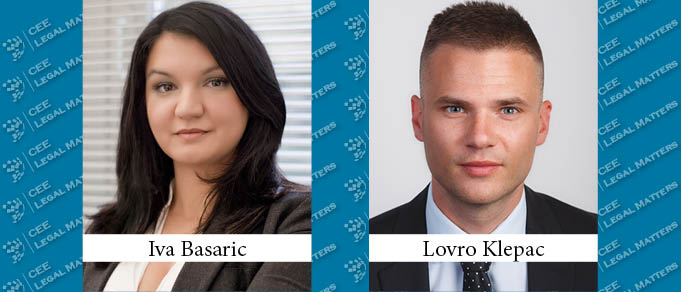On July 21, 2021, the Croatian High Administrative Court confirmed the Croatian Competition Agency’s (CCA) cartel decision adopted against 14 Croatian driving schools. In its infringement decision dated December 30, 2019, the CCA established the existence of a price-fixing cartel between 14 Croatian driving schools and imposed fines in the total amount of HRK 415,000 (approximately EUR 55,500). During this cartel investigation the CCA conducted several dawn raids and established the existence of a price-fixing cartel based on, inter alia, WhatsApp correspondence exchanged between representatives and employees of cartel members. Based on CCA’s infringement decision, the content of exchanged WhatsApp correspondence between cartel members referred to the coordinated price increases for driving lessons starting from the beginning of 2018.
Upon challenge of CCA’s infringement decision by several cartel members, the court dealt with the admissibility and probative value of the evidence, which recently seems to be one of the successful winning arguments used by claimants disputing the CCA’s decisions in cartel cases. The claimants argued without success that WhatsApp correspondence between cartel members’ representatives and employees constituted inadmissible evidence and that such correspondence was not sufficient to establish the relevant facts proving the existence of a cartel, due to its ‘benign’ content and the way the correspondence was exchanged between driving schools’ representatives and employees. Although the court did not analyze in detail the facts established on the basis of cartel members’ WhatsApp correspondence, in its statement of reasons it briefly explained that electronic communications exchanged via WhatsApp constitute business documentation validly obtained within the dawn raid procedure which the CCA conducted during its investigation. The above court’s reasoning is in line with the Croatian Competition Act, which expressly allows CCA’s officials conducting the dawn raid to review business and other documents that relate to the undertaking’s operations, irrespective of the media on which such documents are stored (for example, computers, servers, mobile devices). Furthermore, the court’s decision to treat WhatsApp correspondence as admissible and credible evidence is in line with Croatian general administrative laws, which are also relevant and applicable in proceedings before the CCA. Specifically, under the Croatian General Administrative Act, an electronic document has the same probative value as a written document.
Unlike in the Croatian Constitutional Court’s 2018 ruling, in a separate case, where the court annulled the CCA’s cartel decision – because it held that a newspaper article writing about a cartel and the failure of alleged cartel members to dispute the newspaper article were not sufficient to establish the infringement – here the court was satisfied that the CCA established with a sufficient degree of certainty the existence of the driving schools’ cartel. Based on the text of the CCA’s infringement decision, electronic documents (in this case, WhatsApp correspondence) obtained during the dawn raids seem to be in close connection with the investigated events, which should qualify them as reliable evidence of clandestine agreements.
Contrary to the argument raised by claimants during this judicial review procedure, the way in which the documents are written should not deprive them of probative value. Even though the court’s thought process on the examination of evidence was not covered in detail in the judgment, and the court did not address the claimants’ arguments related to the tone of WhatsApp communication, the wording of the judgment implies that the court qualified WhatsApp messages as evidence having high probative value, irrespective of their tone or how they were written (contrary to what claimants had argued). The court established that, because the electronic correspondence in question constituted legally obtained business documentation within the meaning of the Croatian Competition Act, the CCA was correct to adopt its infringement decision based on such electronic documents.
In this regard, the court’s evaluation of evidence seems to be in line with the principles laid down in Croatian competition and administrative laws governing probative value of evidentiary means, even though the court fails to provide clear guidance on the credibility of different types of evidence in cases dealing with anti-competitive agreements.
By Iva Basaric, Partner, and Lovro Klepac, Senior Associate, Babic & Partners
This Article was originally published in Issue 8.9 of the CEE Legal Matters Magazine. If you would like to receive a hard copy of the magazine, you can subscribe here.






















